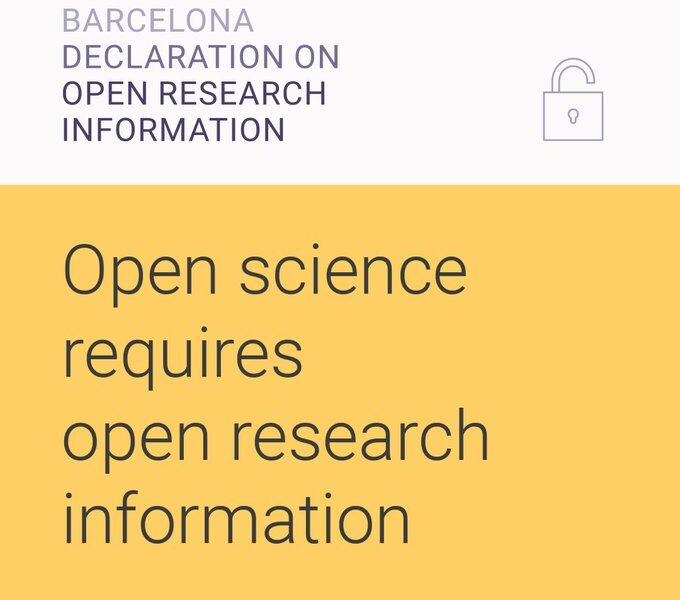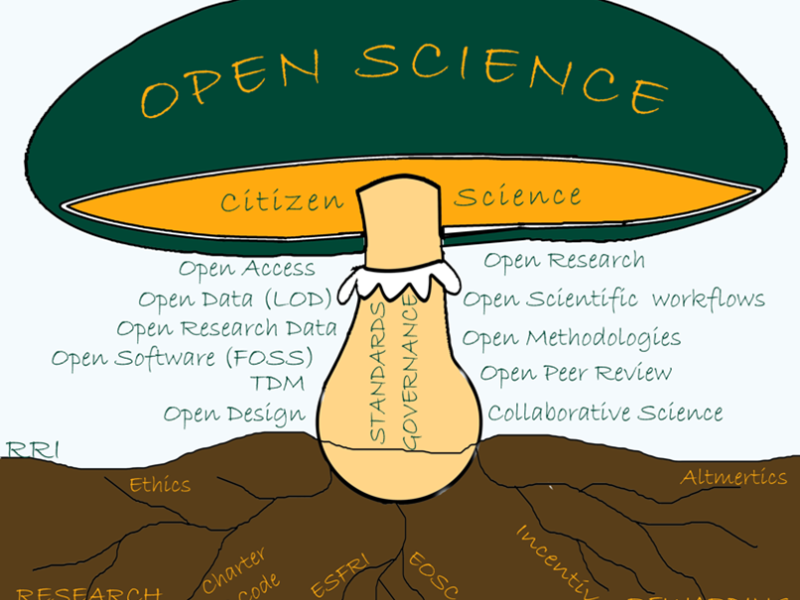Digital Open Data Movement
Digital Open Data Movement https://opusproject.eu/wp-content/uploads/2023/03/pexels-pixabay-270404.jpg 1 1 Open and Universal Science (OPUS) Project Open and Universal Science (OPUS) Project https://opusproject.eu/wp-content/uploads/2023/03/pexels-pixabay-270404.jpgIn today’s digital age, data is everywhere, from the websites we visit to the devices we use to communicate with one another. The abundance of data available in the digital world has led to a new movement, known as “digital open data,” which aims to make this data available to everyone.
Digital open data refers to the practice of making digital data freely available for anyone to access, use, and share without any restrictions. This data can come from a variety of sources, such as government agencies, scientific research institutions, and private companies.
The importance of digital open data lies in its potential to promote transparency, accountability, and innovation in various fields. For example, open data can help citizens hold their governments accountable by providing access to information about public spending, environmental regulations, and other policies. Open data can also help researchers and businesses develop new products and services by providing them with valuable insights into consumer behavior, market trends, and other relevant data.
Governments around the world have been at the forefront of the digital open data movement, with many launching their own open data portals to make government data accessible to the public. For example, the US government’s open data portal provides access to a wide range of data, from crime statistics to healthcare information. The European Union has also launched its own open data portal, which provides access to data from across the EU, including data on the economy, the environment, and transportation.
Beyond government data, many other organizations are also making their data available through digital open data initiatives. For example, scientific institutions are increasingly making their research data open and accessible to other researchers around the world. This has the potential to accelerate scientific progress by allowing researchers to build on each other’s work and collaborate more effectively.
Private companies are also beginning to embrace digital open data, with some companies making their data available to the public for free or for a fee. For example, one ride-sharing company has launched an open data initiative that provides access to data on traffic patterns and other transportation-related information. This data can be used by researchers, policymakers, and businesses to better understand urban mobility and develop new transportation solutions.
While digital open data has the potential to bring about many benefits, there are also challenges that need to be addressed. One of the main challenges is ensuring that the data is accurate, reliable, and up-to-date. This requires careful management and maintenance of the data, as well as the development of tools and standards to ensure data quality.
Another challenge is ensuring that the data is accessible and usable by everyone, including those who may not have the technical expertise or resources to work with the data. This requires efforts to promote digital literacy and provide training and support for individuals and organizations working with open data.
Digital open data is a powerful tool that has the potential to transform many areas of society, from government transparency to scientific research to business innovation. As more organizations embrace digital open data initiatives, it is important to ensure that the data is accurate, accessible, and usable by everyone. With the right policies, tools, and standards in place, digital open data can help create a more transparent, accountable, and innovative world.
- Posted In:
- Open Science News




